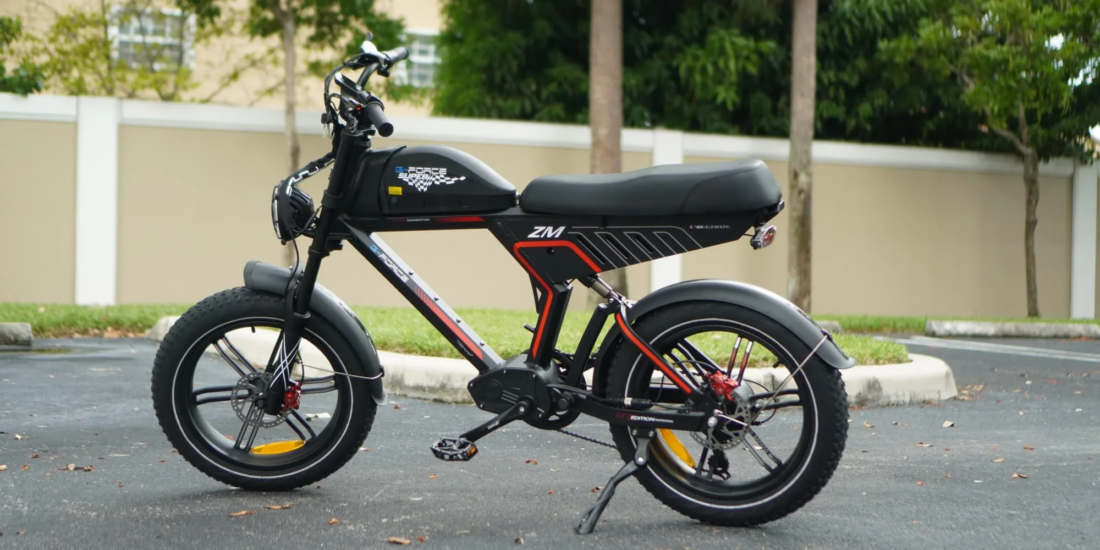We should point out that there is a significant difference between E-bikes used on highways and the problem of trail access for E-bikes or E-mountain bikes. Trail impacts, user disputes, and trail access all raise difficult legal and policy concerns that we do not try to cover here.

In terms of general policy, we believe that E-bikes have a place in the panoply of two-wheel transit and entertainment alternatives. However, there are concerns of safety, accountability, and laws that lawmakers are currently working on. Policymakers and cycling advocates have a broad range of perspectives, which we hope will ultimately be resolved to enable ebike classes & riders to coexist happily in the riding scene.
The following are the answers to the most often asked questions concerning electric bikes and the rules that govern them.
Are electric bicycles legal?
Yes, and their usage is actively promoted as a means of getting more people to ride, getting them to exercise, and reducing the amount of small automobile trips undertaken.
Electric bikes are available in all major bicycle categories, including electric road bikes, electric hybrid bikes with flat bars, and electric mountain bikes. Electric folding bikes and electric dirt bikes are also available. Check out our guide to the best electric bikes for more information on the many kinds of electric bikes available.
As we’ll see later, there are several rules regarding the speed limit at which they may give assistance and their power output. However, if an electric bike fits these requirements, it is absolutely lawful to ride an electric bike anyplace a regular bike is permitted.
An electric bike conversion kit may also be purchased to turn a pedal-only bike into an electric bike. Again, assuming the power output and speed standards are met, this is totally acceptable.
What exactly is an electric bike in legal terms?
We’ll start with the regulations governing electric bikes in the United Kingdom, which begins with defining what an ebike, or electrically assisted pedal cycle (EAPC) to give it its official term, is.
This category does not include all electrically propelled two-wheeled vehicles; we’ll go over some others later. Furthermore, an ebike does not have to have two wheels; the law also applies to EAPCs with more than two wheels.
What exactly is an EAPC?
An EAPC must, according to gov.uk:
- It should include pedals that can be used to propel it.
- Display either the power output or the motor’s manufacturer.
- Display either the battery voltage or the bike’s top speed.
- Have a 250-watt maximum power output electric motor.
- Not having a motor capable of propelling the bike at speeds more than 15.5mph.
What are the rules for riding an ebike?
In the United Kingdom, an EAPC is regarded the same as a standard, non-assisted bike. eBike Systems from Bosch
If an ebike meets the EAPC standard, it is legally considered as a conventional, non-assisted bike, albeit you must be at least 14 years old to ride an electric bike.
You do not need to register the bike, nor do you require insurance (though we would suggest having insurance that covers theft, personal injury, and third-party responsibility as a minimum). We provide a guide to help you choose the best bicycle insurance for your requirements, and you can also purchase electric bike insurance coverage.
You are also not legally compelled to wear a helmet in the UK, however we recommend that you do so at all times, especially given the increased weight and average speed of an electric bike.
As with any bike, regular maintenance is recommended to ensure your safety while riding.
When riding an electric bike in the UK, you are not legally obliged to wear a helmet
eBike Systems from Bosch
You can ride an ebike anywhere you can ride a traditional bike. This includes riding on roads, bike lanes, and bridle paths. You are not permitted to ride on pavements, as with a non-electric bicycle, unless they are designated for mixed cycle and pedestrian use. You must also follow the Highway Code, which includes obeying stop signs and traffic signals.
If you’re not sure you understand the laws of the road, it’s recommended taking a bike safety course and studying the Highway Code.




